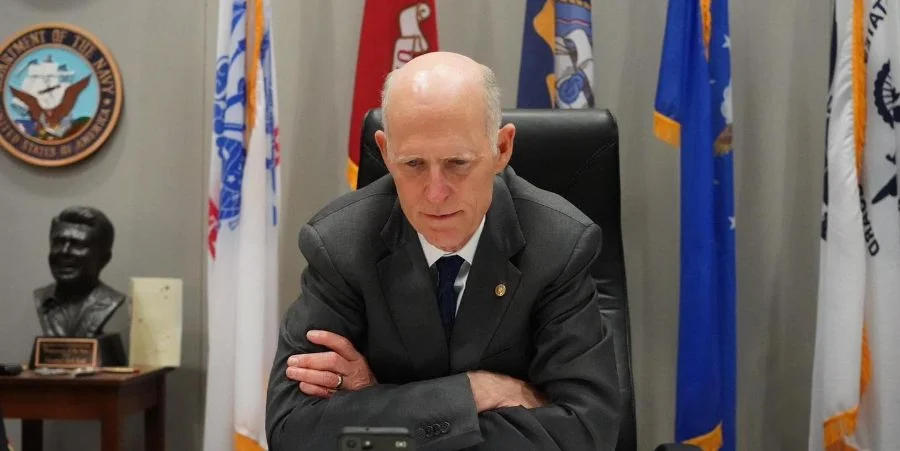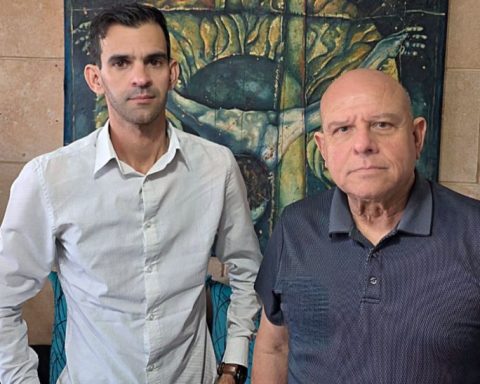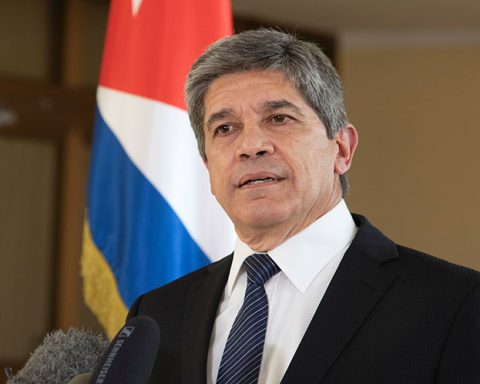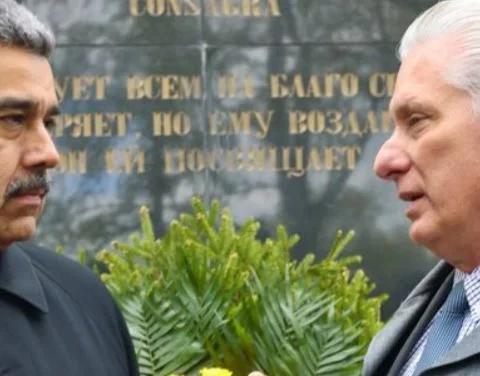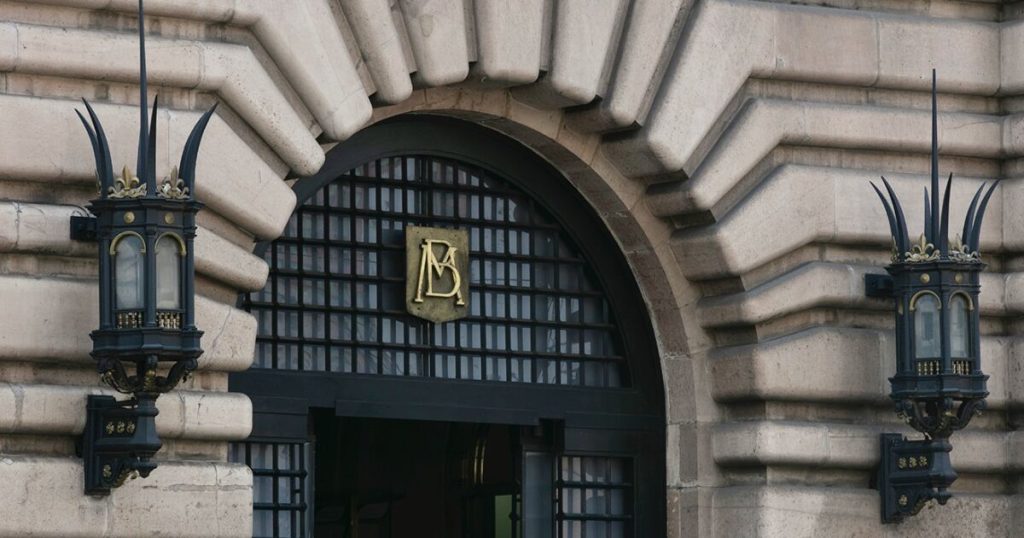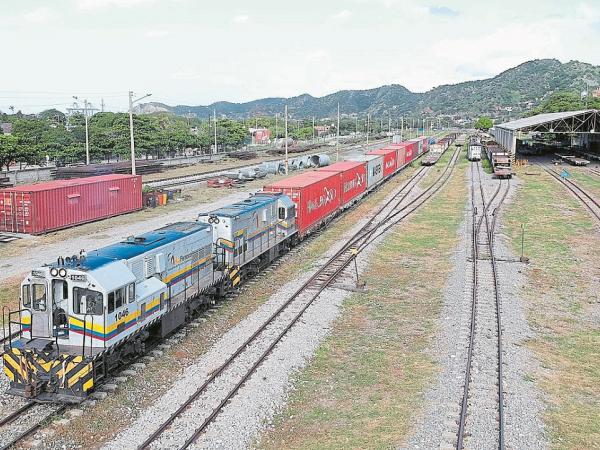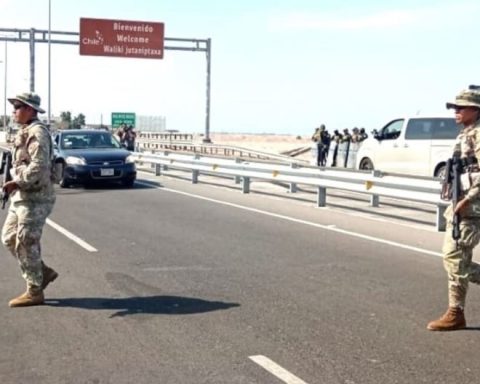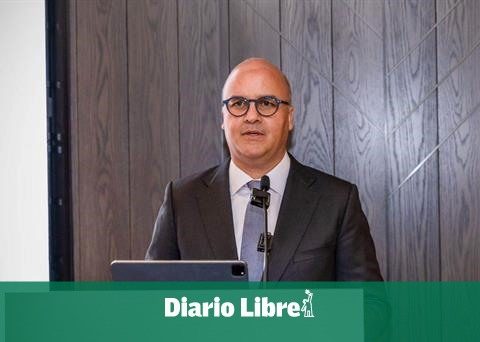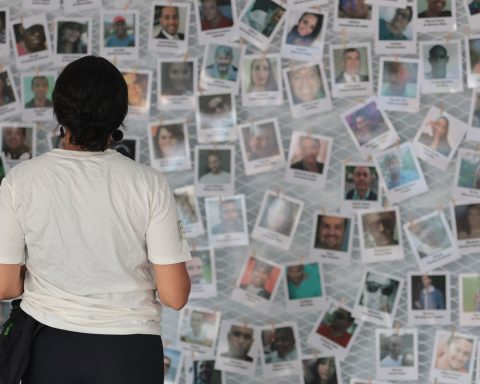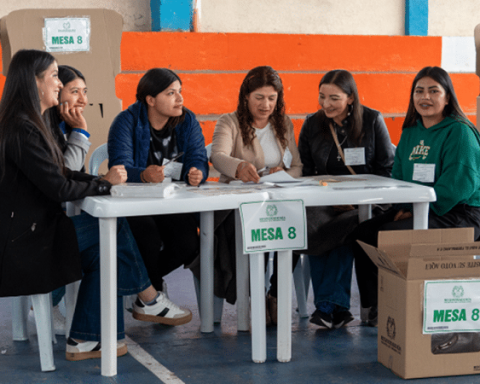Miami, United States. – Republican senators Rick Scott and Tommy Tuberville announced this Friday the reintroduction of the “Law of Denial of Profit to the Military oligarchy in Cuba and restriction of activities of the Cuban Intelligence Apparatus (Democracy)”, with the purpose of increasing the pressure on pressure on The island regime through stricter sanctions and financial limitations.
Scott, one of the main drivers of the initiative, declared that the measure seeks to “hold the illegitimate Cuban communist regime through severe sanctions and unprecedented financial pressure.” In addition, he said that Cuba represents “a constant threat to the national security of the United States” and said that the regime was strengthened by “the last four years of Biden-Harris appeasement policies.”
According to the senator, the Cuban government “houses terrorist groups, represses the freedom of its people and provides support for authoritarian regimes in Latin America.” He also accused Havana of allowing the presence of A Espionage Station of the Chinese Communist Party only 90 miles from Florida.
The President @realdonaldtrump and the @Secrubio They have already taken measures to hold the Cuban regime responsible, and we must move on.
My democracy law will implement strict sanctions against the Cuban regime and ensure that the Cuban people have an internet access without …
– Rick Scott (@senrickscott) February 7, 2025
The bill seeks to impose sanctions on persons and entities related to strategic sectors of the Cuban government, including defense, security and intelligence. “The sanctions will apply to those who provide financial, material or technological support to the Cuban regime,” Scott explained.
Among the main provisions of the Democracy Law are included:
- Asset block and entry restriction to the United States for foreign persons involved in human rights abuse or terrorism support.
- Sanctions to military contractors and paramilitary forces operating on behalf of the Cuban government.
- Measures against senior officials of the Communist Party of Cuba, the Ministry of Interior and the Revolutionary Armed Forces.
In addition, the legislation establishes that sanctions can only be lifted if the Cuban government meets requirements such as the release of political prisoners, the legalization of opposition parties, the establishment of a free press and the celebration of free and fair elections.
Another key point of the bill is the authorization to the US president to “immediately use all possible means to provide a reliable Internet service without restrictions to the people of Cuba.”
The hardening of sanctions through the Democracy Law would reinforce the pressure policy on the government of the island and limit its international financing capacity. “The Cuban regime continues to be an obstacle to stability in Latin America and for US security interests,” Scott concluded.
